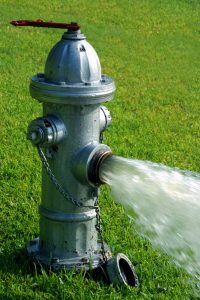
The ALS ice bucket challenge. At this point, everyone has seen or heard of it. Videos of friends and families, movie stars and sports figures, and even the neighborhood kids dousing themselves with icewater has flooded (pun intended) social media, and the whole project has thus far realized over $80 million dollars in donations for ALS research. Raising funds for ALS, a progressive neurodegenerative disease for which there is no cure, is arguably a very worthy cause, and one which we fully support. And, in addition to raising much-needed funds for ALS, the Ice Bucket Challenge has increased awareness on another important issue: the global water crisis. While you watch others pour water over their heads, or participate yourself, keep these facts in mind:
- An estimated 2.4 billion people lack adequate sanitation and 1.1 billion people are without access to safe water.
- 90 percent of wastewater in developing countries is discharged into rivers and streams without any treatment.
- There are 1.6 million deaths per year attributed to dirty water and poor sanitation (World Watch; World Health Organization)
- In the past ten years, diarrhea related to unsanitary water has killed more children than all the people lost to armed conflict since WWII.
- At any one time, it is estimated that half the world’s hospital beds are occupied with patients suffering from waterborne diseases.
- Every 15 seconds, a child dies from a water-related illness. That’s over 4,000 children every day, or 1.6 million children per year.
- Water-related illness is the leading cause of death in children under five years of age.
People may not realize that the average African family uses only 4-5 gallons of water per day. In addition, the small amount of water they do use is untreated and miles away. The task of gathering water falls to young women and girls, who often have to travel three to six hours per day to retrieve it, eliminating any possibility of education. The ripple effect of the water crisis is indeed far-reaching.

These facts are indeed sobering, and warrant some serious thought when it comes to our world’s most precious resource. Matt Damon, famed actor and co-founder of the charity water.org, opted to use toilet water for his Ice Bucket Challenge, stating that “the water in our toilets in the West is actually cleaner than the water that most people in the developing world have access to.” So we would like to applaud Matt Damon and to issue another challenge. Perhaps all those who participated in the Ice Bucket Challenge could also give a donation to Water For People. Water For People is a charitable organization whose goal is to ensure that “Everyone Forever” has access to improved water and sanitation. To date, over 2.4 million people have shared Ice Bucket Challenge videos on Facebook. If each of these people also gave just a single dollar to Water For People, the positive impact – $2.4 million – would be tremendous. The average cost to sustainably provide clean drinking water in Africa is $3.50 per person. If $2.4 million in donations were received, those funds would provide a permanent drinking water solution for about 700,000 people. Will you accept the challenge?
For more information on Water For People, or to make a donation, please visit their website: www.waterforpeople.org.
REFERENCES:
https://www.waterinfo.org/resources/water-facts
https://www.dosomething.org/facts/11-facts-about-water-developing-world

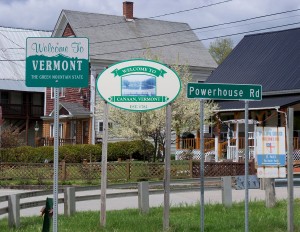

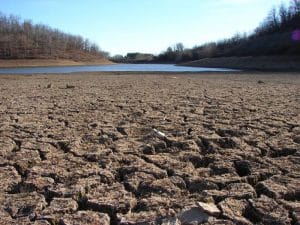


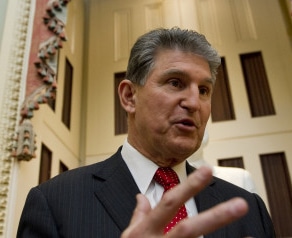
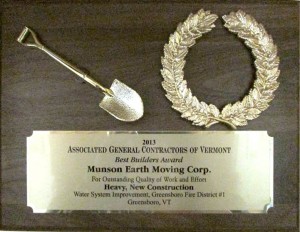 Contractor for Greensboro Fire District #1 Project Wins Best Builder Award
Contractor for Greensboro Fire District #1 Project Wins Best Builder Award

